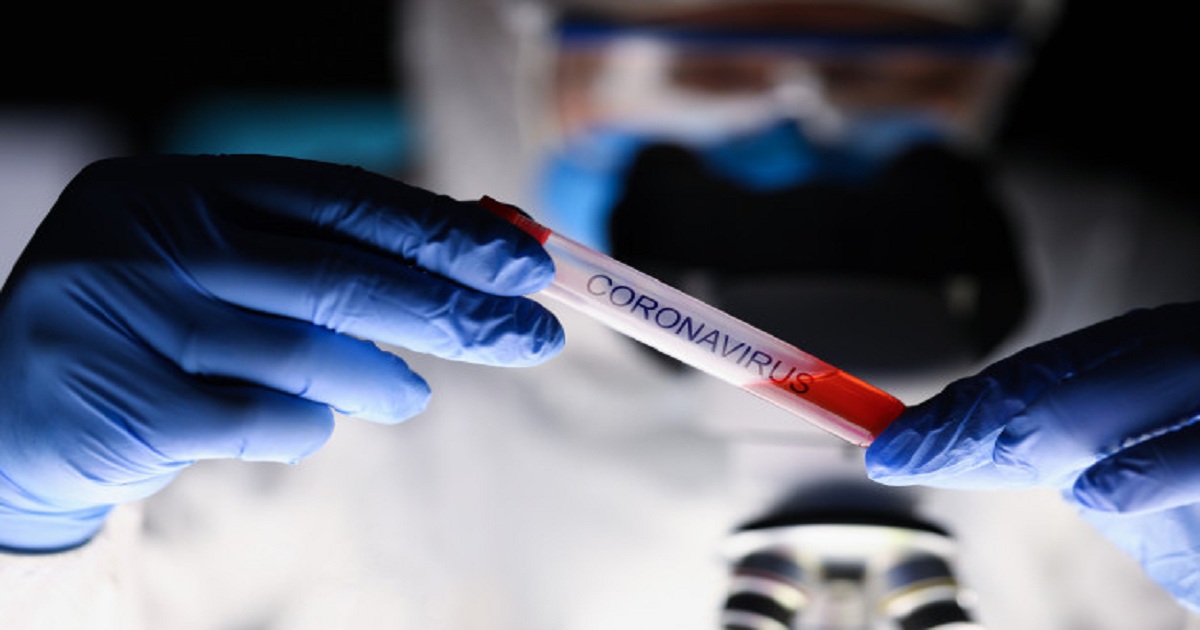Anixa Biosciences and OntoChem Have Synthesized Four Potential Covid-19 Drugs for Testing in Biological Assays
Anixa Biosciences | June 01, 2020

Anixa Biosciences, Inc. (NASDAQ: ANIX), a biotechnology company focused on the treatment, prevention, and diagnosis of cancer and infectious diseases, today announced that the Company, together with partner OntoChem GmbH, has synthesized four potential Covid-19 compounds that will advance to biological assay testing. Anixa and OntoChem announced their partnership on April 20, 2020 (https://ir.anixa.com/press-releases/detail/947/) and announced discovery of its first potential Covid-19 candidate two weeks later on May 4, 2020. The initial phase of this program was designed to screen approximately 1.2 billion chemical compounds, utilizing in silico methods, against two specific enzymes of SARS-CoV-2. As the computer-based screening identified potential compounds, they would be synthesized and tested in biological assays to evaluate their potency as predicted by the molecular modeling algorithms. Should the biological activity be verified, the compounds will be tested in animal studies to further evaluate their candidacy as Covid-19 therapeutics. Assuming animal studies are successful, the compound or compounds can be readied for human testing. Dr. Amit Kumar, President and CEO of Anixa Biosciences, stated, "When we announced our strategic collaboration with OntoChem, we committed to providing frequent updates regarding the progress of our research, because Covid-19 is such an acute public health and economic problem. Therefore, we are pleased to announce that since identifying a lead molecule, we have further identified three similar analog compounds. These molecules target a viral protein, an endoribonuclease, that helps the virus process its genetic material during viral replication. Before the endoribonuclease can function properly, it needs to interact with a human protein in the infected human cell. Our in silico molecular modeling indicates that any of these four molecules might disrupt the ability of the viral endoribonuclease to interact with the human protein. If this is confirmed in our biological testing, we believe the molecules should inhibit the viral replication process and retard the infection."